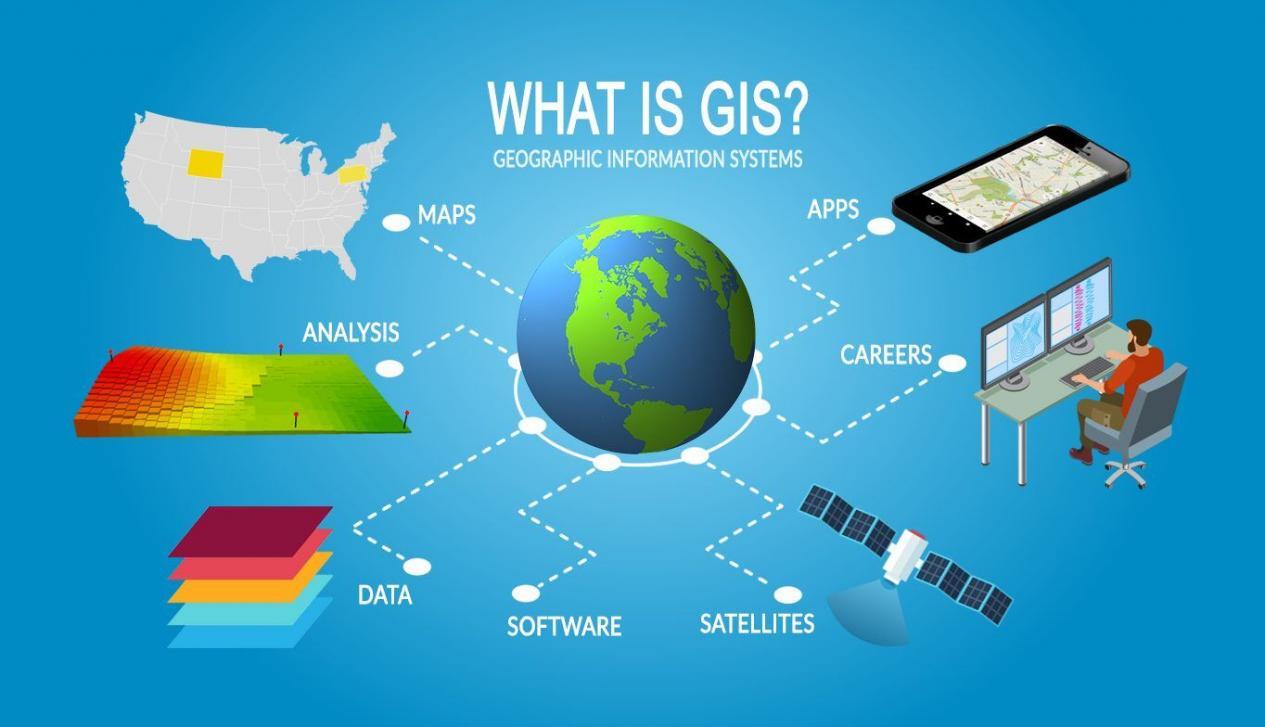

In addition, our studies on Chinese cities can especially reflect to some extent how cities in the 'smart era' practice to fulfill its sustainable goals.Ĥ. most studies we are carrying on are global studies with over 300 global cities involved.

The 'local context' matters to a large extent to our study, as it plays the major part to our case studies. How much influence does ‘local context’ have in your field of work? Can results or solutions from your research be shared with other regions easily? (5) Sino-European Comparative Urban Research: mainly carries out fundamental and applied research on subjects of strategic value to urban regions today and in the future.ģ. (4) Global Scientific Collaboration: Mainly sets out to quantify the specific type of international scientific collaboration ties between Chinese cities and other cities in the world. (3) Global Migrants: mainly studies the geographic concentration and expansion of cultural, leisure, tourism, business and residential activities of foreign migrants in a certain global city. (2) Global Exhibition Network: mainly studies the globalization of the exhibition industry as visible in the putatively ‘global’ location strategies of major exhibition enterprises.

In particular, (1) Global Tourism: mainly analyses on the one hand, the major geographical dimensions of the location strategies of a selection of multinational tourism firms and on the other hand, a typology of cities presented based on their ‘product destination internationalization’ and ‘business environment internationalization’. Can you give a brief description of your research?Īll research are under the ‘global city’ umbrella and belong to the domain of urban geography. Global City Connection Global Tourism Global Migrants Global Scientific Collaboration Global Exhibition Network Sino-European Comparative Urban Research Shanghai, ChinaĢ. What is the main focus of your research (topic, theme, region)?


 0 kommentar(er)
0 kommentar(er)
